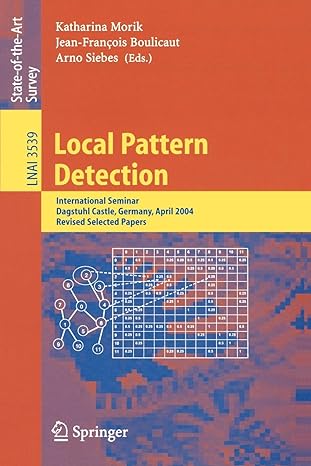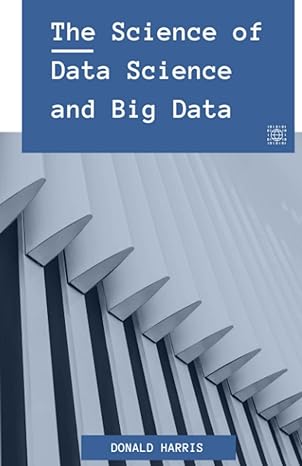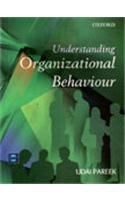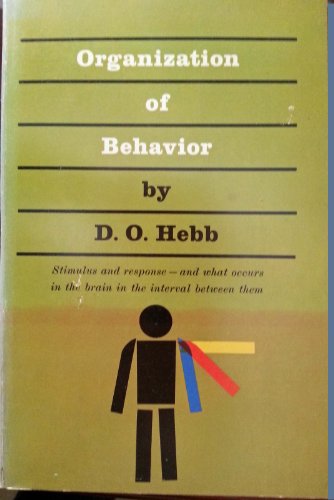Go back


Local Pattern Detection International Seminar Dagstuhl Castle Germany 2004(1st Edition)
Authors:
Katharina Morik ,Jean-Francois Boulicaut ,Arno Siebes

Cover Type:Hardcover
Condition:Used
In Stock
Include with your book
Free shipping: April 04, 2024Popular items with books
Access to 3 Million+ solutions
Free ✝
Ask 10 Questions from expert
200,000+ Expert answers
✝ 7 days-trial
Total Price:
$0
List Price: $50.79
Savings: $50.79(100%)
Book details
ISBN: 3540265430, 978-3540265436
Book publisher: Springer
Get your hands on the best-selling book Local Pattern Detection International Seminar Dagstuhl Castle Germany 2004 1st Edition for free. Feed your curiosity and let your imagination soar with the best stories coming out to you without hefty price tags. Browse SolutionInn to discover a treasure trove of fiction and non-fiction books where every page leads the reader to an undiscovered world. Start your literary adventure right away and also enjoy free shipping of these complimentary books to your door.
Local Pattern Detection International Seminar Dagstuhl Castle Germany 2004 1st Edition Summary: Introduction The dramatic increase in available computer storage capacity over the last 10 years has led to the creation of very large databases of scienti?c and commercial information. The need to analyze these masses of data has led to the evolution of the new ?eld knowledge discovery in databases (KDD) at the intersection of machine learning, statistics and database technology. Being interdisciplinary by nature, the ?eld o?ers the opportunity to combine the expertise of di?erent ?elds intoacommonobjective.Moreover,withineach?elddiversemethodshave been developed and justi?ed with respect to di?erent quality criteria. We have toinvestigatehowthesemethods cancontributeto solvingthe problemofKDD. Traditionally, KDD was seeking to ?nd global models for the data that - plain most of the instances of the database and describe the general structure of the data. Examples are statistical time series models, cluster models, logic programs with high coverageor classi?cation models like decision trees or linear decision functions. In practice, though, the use of these models often is very l- ited, because global models tend to ?nd only the obvious patterns in the data, 1 which domain experts already are aware of . What is really of interest to the users are the local patterns that deviate from the already-known background knowledge. David Hand, who organized a workshop in 2002, proposed the new ?eld of local patterns.
Customers also bought these books
Frequently Bought Together
Top Reviews for Books
Ray Allen
( 5 )
"Delivery was considerably fast, and the book I received was in a good condition."










